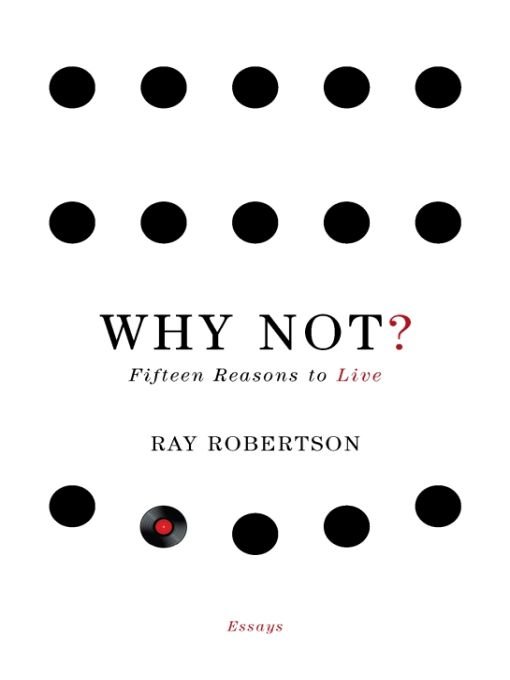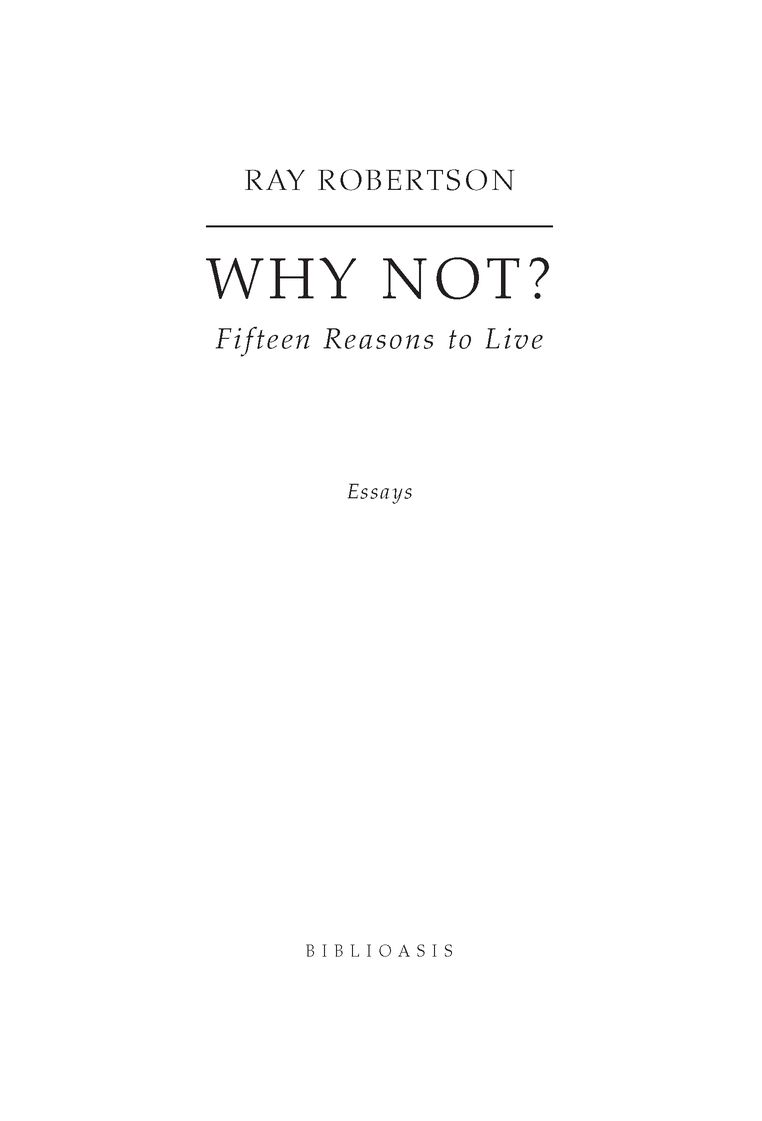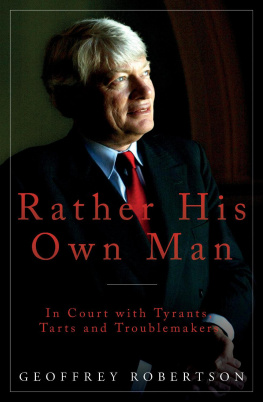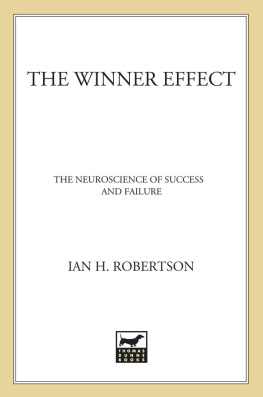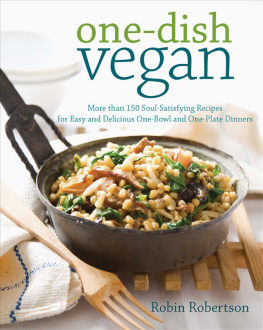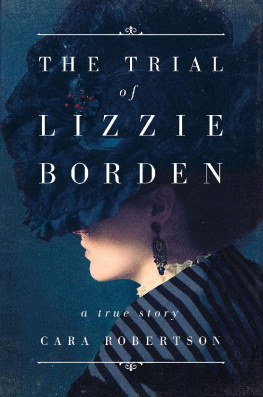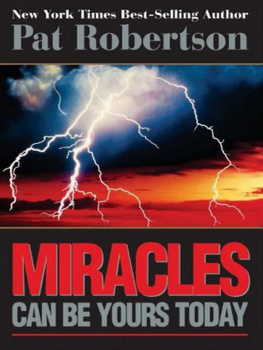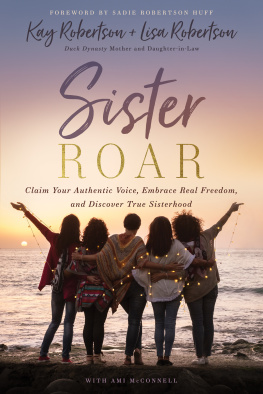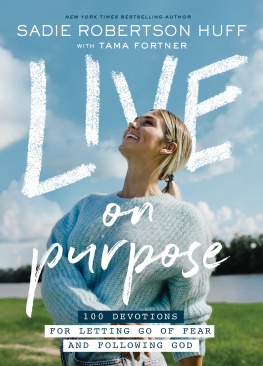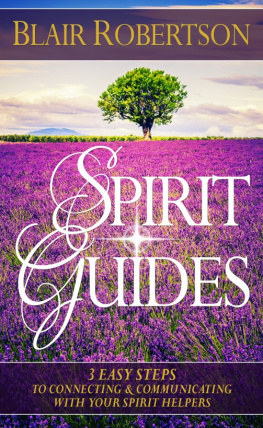Table of Contents
Mens sana in corpore sano.
Juvenal
So youre giving me advice, are you? you say. Have you already given yourself advice, then? Have you already put yourself straight? Is that how you come to have time for reforming other people? No, Im not so shameless as to set about treating people when Im sick myself. Im talking to you as if I were lying in the same hospital ward, about the illness were both suffering from, and passing on some remedies. So listen to me as if I were speaking to myself.
Seneca
INTRODUCTION
Everyone knows that happiness is the only currency that counts. No one on their deathbed can ask for more than to recall a lifetime long and prosperous in pleasure. Of course, the happiness derived from eating an ice cream cone isnt quite the same as that gained from listening to Mozart, and only someone incapable of appreciating both would argue otherwise. (Although, admittedly, a double scoop of Kawartha Ice Creams Chocolate Cherry Cheesecake misses the mark only slightly.)
I am the only child of working-class parents, the perfect ingredients for producing a happy human being. Never poor, I never wanted for a warm house in winter or plentiful food on my plate, and so did not grow up foolishly lusting after gilded illusions of wealth and comfort. Never rich, I was never hampered by what polite society refers to as good taste (the right vintage of wine, the correct cut of clothes, the desirable sort of friends), a very burdensome thing when one is a novelist and the most precious commodity of all is time to read, to write, to sit around doing nothing while waiting for the right words to arrive something much more easily achieved when, though one might prefer a bottle of twelve year-old Macallan Single Highland Malt, a pint of Old Crow Bourbon will do just fine. Being an only child was the icing on the cake in the formation of my character: what I missed out on in not learning how to play nicely with others, I more than made up for by having my parents undivided attention and in discovering early on how to be contentedly alone.
And, for the most part, I am happy. Quite happy. Most of the time. Periodically, however, even though happily healthy, happily married, and happily able to practice my chosen scribbling profession, Ive suffered from debilitating spells of Obsessive Compulsive Disorder (OCD). Sufferers of OCD are like alcoholics in that there is no such thing as being cured. One simply learns to live with the disease day-to-day. Sometimes its effects are slight (Am I sure I set the alarm clock for a.m. and not p.m.? Did I remember to turn the stove off before we left the house?), and sometimes theyre incapacitating. Imagine being afraid of going for a walk because of the mental exhaustion that will inevitably result from having to count every crack in the sidewalk along the way, and one begins to get an idea of what full-blown OCD is like to live with. In addition to a higher-than-usual rate of self-medicating drug and alcohol abuse (particularly among those undiagnosed), OCD sufferers also commonly endure depression, such a mentally and physically wearying disease making everything but the disease work, social interaction, solitude virtually impossible. Being obsessed and/ or compulsive can be a full-time job.
Ever since I was diagnosed with OCD twenty years ago, a combination of medication, therapy, and greater awareness of what the disorder is has allowed me to live, if not entirely disease-free, then predominantly depression-free. In the early summer of 2008, however, almost immediately after completing the first draft of my novel David, both obsessions (repetitive thoughts) and compulsions (repetitive actions) I hadnt suffered from with any significant degree of intensity for several years began to manifest themselves. One of the advantages of living with any disease or disability for a lengthy period of time, though, is knowing the signs of incipient illness and what to do to preventively treat it. Besides, I wasnt all that surprised.
One of the central appeals, for me, of writing a novel is very similar to that of reading one: one enjoys a lengthy, concentrated period of immersion in another world. Occasionally someone will admit wonderment at how one can sustain the interest and dedication necessary to complete a two or three year writing project, and although its always a challenge to deflect an unsolicited compliment, I usually admit that writing novels is the easy part everyday life is what is difficult. No matter how high your blood pressure and what you know you need to do to lower it, theres your novel. Regardless of how much you dont want to do your taxes, theres your novel. Notwithstanding the government, your neighbours, or even your own admittedly less-than-perfect personality, theres your novel. A novel-in-progress is an anchor that keeps the worlds sundry winds of inconvenience, irritation, and abasement from blowing you away.
But what goes up must come down. After the exaltation of finally, unbelievably completion comes the equally intense sensation of abandonment. Not by you of it, but it of you. All-of-a-sudden novel-less, its not now a matter of a mere skin too few; rather, it feels as if the foundation has completely collapsed, a fool-proof compass has unexpectedly gone dead, a suit of previously impervious armour has turned into something resembling full-body Saran Wrap. One cant help but recall stories of formerly cosmically-secure 19th-century clergymen driven to suicidal despair by their confrontation with Darwins theory of evolution, one-time contented members of a celestial family brusquely transformed into sorrowful metaphysical orphans.
The time-honoured method of coping with meaning-withdrawal (novel-writing variety) is systematic alcoholic over-indulgence, a practice at which, after birthing seven books and with an already-inbred inclination toward dissipation, Im more than adequate. Its also advisable to undertake as many non-novel-related activities as possible, which in my case usually includes part-time teaching, occasional book reviewing, and record album collecting. The latter is a relatively recent enthusiasm, the result of two record-store-owner friends taking pity on me during an earlier post-novel melancholic state by giving me a quality used turntable. In the last six years Ive accumulated over a thousand records a habit that has not only brought me hours of black vinyl joy, but also helped see me through the haunted hiatus of two subsequent novels.
So, aided by all of the usual means of warding off familiar postpartum inertia, day after dull day followed the next, each bleeding into the same meaning-sapped blur. This is the other outcome of being finished with ones novel: life becomes very, very dull. No matter what troubles an awkward transition caused or how frustrating it was to find the right voice for your protagonist, at least each afternoon at your desk was charged with insight, intrigue, and ongoing interest. Life, friends, is boring, John Berryman wrote, but being the writer, director, and producer of your very own prose movie (as well as filling all of the acting roles) has proved to be a wonderful way of counteracting this boredom. Not having a book to write because the bucket does need to occasionally return to the well; the field must periodically lie fallow one is left with the world straight up, no creative chaser.

